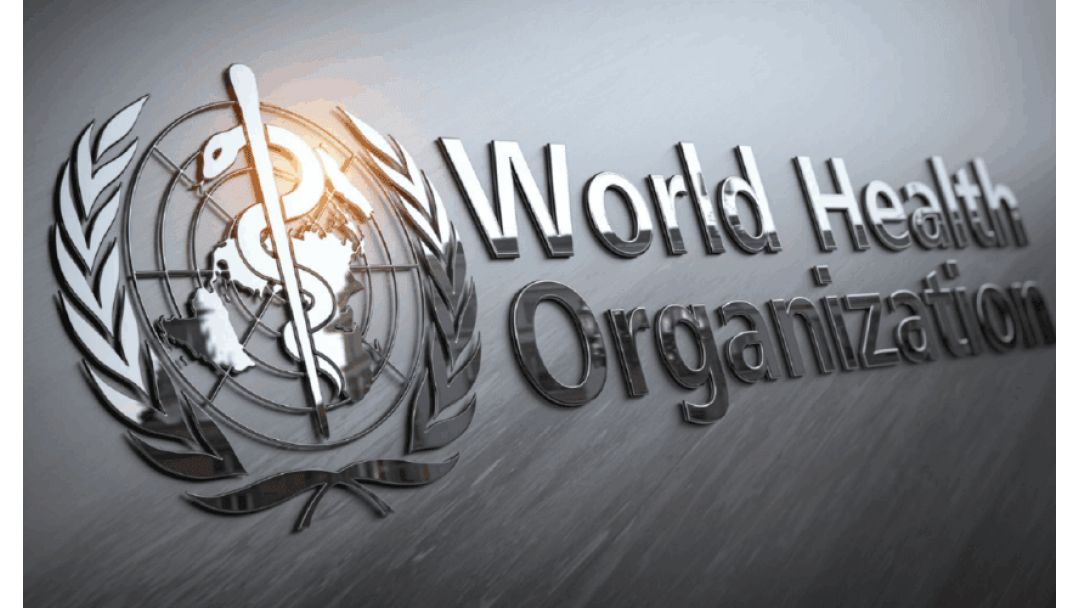In May 2025, after a long negotiation process, WHO member states adopted the world’s first comprehensive pandemic treaty. Its aim is to strengthen international cooperation in the prevention, detection, and management of future pandemics. Based on the experiences of COVID-19, the treaty seeks to enable a more unified, rapid, and fair response to global health crises.
What is the treaty about?
Main points of the document:
Early warning and data sharing: Countries commit to sharing data, virus samples, and lab results in a timely manner with WHO and each other.
Equal access to resources: The treaty requires fairer access to vaccines, medicines, and protective equipment, especially for developing countries.
National preparedness plans: Signatory countries must keep their national pandemic plans up to date and participate in WHO-led simulations and evaluations.
Sustainable financing: The document promotes the creation of a global financing mechanism to support poorer countries in responding effectively to pandemics.
Combating disinformation: The treaty calls on countries to fight pandemic-related misinformation and ensure accurate and reliable public communication.
What do signatory countries commit to?
Countries signing the treaty do not hand over their sovereignty to the WHO, but agree to work more closely with the organization. Some parts of the agreement are legally binding (such as data sharing), while others are recommendations. Each country retains the right to implement the provisions according to its own legal framework.
Mixed reception
Some countries welcomed the treaty, seeing global coordination as essential for future pandemic prevention. Others fear that WHO could gain too much influence over national health decisions. Particularly online, misleading claims have spread that WHO would be able to impose mandatory measures on countries.
WHO leadership emphasized that the treaty does not remove national governments’ powers but provides a framework for faster, more coordinated responses.
Why is the treaty important?
The COVID-19 pandemic highlighted that the international community was unprepared for a global crisis. Vaccine distribution was unequal, information flow was often delayed, and national strategies were frequently uncoordinated. According to WHO, this new treaty marks the beginning of a new era in global health security.


Comments